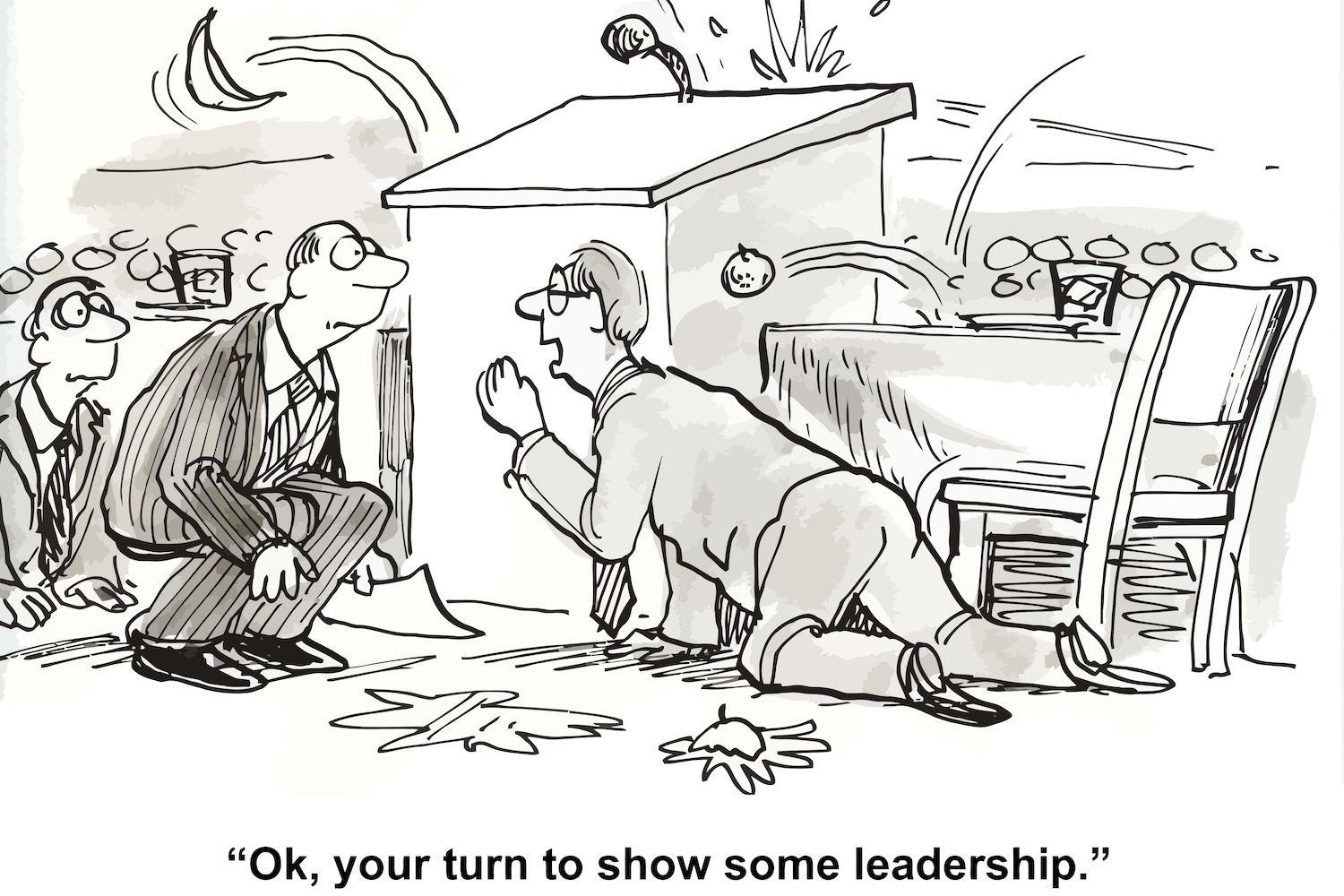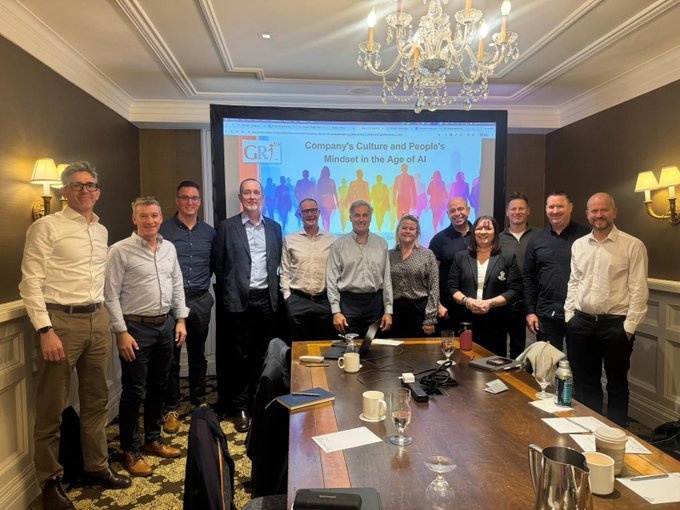Managing Change in the Post Covid Era: The Role of Leaders
Posted by Frederic Lucas-Conwell

Change Management in the Post-Covid Era: The Role of Leaders
Change is an inescapable part of life, often unpredictable and daunting. Yet, it can also offer great potential for growth.
In this current business environment, characterized by volatility and uncertainty, effective leaders must embrace change as a permanent occurrence and be ready to manage it efficiently.
Even if you are not directly planning for a change, you should still be aware of the changes that are happening around you and be prepared to respond accordingly with your team.
Building Trust, Especially During Times of Change
Leadership requires an ability to influence and guide others, which is especially important during times of change. To build trust and credibility among their team, leaders must understand their team deeper, beyond intuition and their own biases.
GRI Consultant John Moscicki highlights the importance of this, stating, "People often don't trust what they hear when big changes happen in an organization. That makes it critical for leaders to build this trust, and ensure they communicate clearly and frequently."
Getting to know people, their characters, and their motivations allows a leader to create an environment where people feel understood and appreciated.
Gerard Arnaud, another GRI Consultant, further stresses that "Leaders often forget to prepare their people for the coming change. They look at the strategy and the tactics to enact the change, but the people are the ones who will make or break the change effort."
The Critical Role of Communication
Effective communication is essential for successful leadership and change management. As a leader, it is imperative to effectively convey your vision and desired outcomes, especially when there is constant organizational change.
People often fear the unknown, so it is the leader's responsibility to ensure that their team understands why the change is taking place and how it will affect them. Explaining the impact of the change on the organization and the team's role in its success is also paramount.
One way of more effectively managing change is by understanding and supporting what their employees need. This can be challenging, but it is worth it, as 70% of change efforts fail. However, if leaders can get most of their people to support the change, success is much more likely.
Resisting or Embracing Change
Some employees will inevitably resist change, while others naturally embrace it.
Leaders must be able to address the concerns of those who resist and create an environment where they feel supported and secure, through open communication, listening to feedback and suggestions, and providing training and support.
Additionally, those who embrace change should be recognized and rewarded for their initiatives; if they are not included in the process, they may challenge others' decisions and risk the success of the change effort.
Finally, some people may tend to push on the accelerator and the brake simultaneously; in this case, leaders need to provide a combination of what is mentioned above.
Understanding People Upfront Faster
At the GRI, we see time and again that understanding what employees need happens much faster with the accelerated awareness the behavior-factor-based approach brings.
Instead of wasting time trying to figure out what approach will work best with each person, or going on "gut" instinct, the GRI allows leaders to know how each is likely to react, and what they need from their leaders and the organization to feel comfortable with the change.
Leadership is essential for managing change successfully. When leaders foster trust between themselves and their teams, create a secure environment where people can work together, and effectively communicate, they can ensure that change is navigated positively.
By understanding people’s character beyond any biases, leaders can effectively manage change and achieve successful outcomes.
This article draws from the exchanges of a GRI consultant forum on the topic of managing change in uncertain times.
Latest Articles
Groupama Successful Transformation in Romania: The GRI, Catalyst for Profound Change
The history of Groupama in Romania is an eloquent testament to resilience, strategic vision, and the transformative impact of innovative management tools. Arriving at the...
Hybrid Work: A Management Revolution
The COVID-19 pandemic has acted as an unprecedented catalyst, radically transforming our approach to work. What was once a marginal practice has become the norm for many...
Leadership 3.0: Objective Insights for People-Centric Leaders
Steve, a brilliant entrepreneur, poured his heart into his work. His team at "Innovatech" was on the brink of a major breakthrough, a new app that promised to revolutionize...



